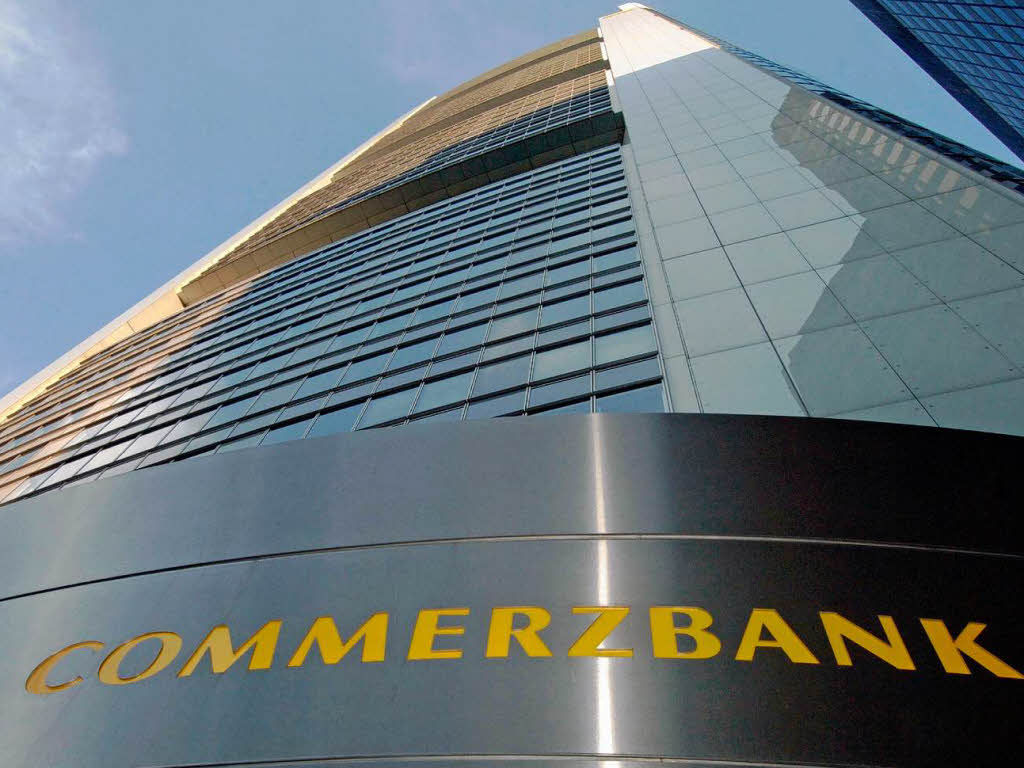
BERLIN (TIP): Germany’s second largest lender Commerzbank said on Thursday it plans to cut 9,600 jobs, nearly a fifth of its workforce, by 2020 and withhold dividends to pay for a 1.1-billion-euro restructuring.
The Frankfurt-based firm added that the $1.23-billion plan, still to be agreed at a supervisory board meeting on Friday, would see it report a loss in the third quarter as it writes down the value of goodwill and other intangible assets.
But it forecasts a “slightly positive” bottom line for the whole of 2016.
Like other German banks, Commerzbank is fighting headwinds from low interest rates in the eurozone, tough regulation, intense competition and the arrival of new digital actors on the market.
Board members aim to achieve “sustainable profitability” by focusing on private and business banking customers while shrinking investment banking activities, it said in a statement. “Profit volatility and risks from regulatory changes will be reduced and capital freed up for the core business” with the retreat from investment banking, it added.
To cover the costs of the restructuring, the bank said it would “cease dividend payments for the time being”. Commerzbank reported a profit of 1.1 billion euros in 2015, and paid its first dividend since the 2008 financial crisis at 20 cents per share.
Shares in the bank lost 1.6 percent to trade at 5.90 euros in afternoon trading in Frankfurt, while the DAX 30 index of leading firms was up by 0.5 percent.
Commerzbank’s employee roster would shrink by roughly 9,600 –around a fifth of its current level of 51,300 — if the plan is put into action.
The size of the restructuring shows “how difficult the environment is for banks at the moment,” analyst Michael Seufert at Nord/LB bank told AFP, pointing to Commerzbank’s restrained target of 6 percent return on capital after the changes.
“All banks are affected by the low interest rate environment” introduced by the European Central Bank in a bid to drive up inflation, he said, noting that European heavyweights Santander and ING are expected to present new strategies of their own in the coming days.
The ECB has set interest rates at historic lows, offered cheap loans to banks and spent hundreds of billions of euros on government and corporate bonds as it hunts for ways to push up growth and inflation in the 19-nation currency bloc.





Be the first to comment